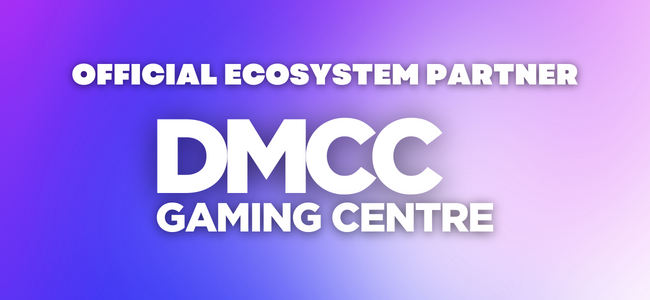It's no secret that video games have become a dominant force in the entertainment industry. According to recent statistics, there are over 2.5 billion gamers across the world. This growing community has been increasingly engaged with technologies and trends that offer the promise of better, more interactive, and rewarding gaming experiences. Among the most intriguing of these emerging technologies is blockchain.
Blockchain, the underlying technology that powers cryptocurrencies like Bitcoin and Ethereum, has far-reaching potential beyond just finance. One sector that is starting to see a significant impact from this technology is gaming, where the concept of blockchain gaming has taken root and started to grow.
So, what is blockchain gaming? In essence, blockchain gaming refers to games that utilize blockchain technology to underpin their infrastructure. This technology brings to the table several advantages, including true ownership of in-game assets, interoperability, transparent economies, and the potential for Play-to-Earn models. But the question lingers, will this innovation be widely accepted by the gaming community?
Understanding the Promise of Blockchain Gaming:
Traditional video games have often treated in-game assets (like skins, weapons, and characters) as merely licensed properties. You could buy or earn these assets, but you never really owned them. They lived and died within the confines of their respective games.
Blockchain gaming challenges this model by making in-game assets real, ownable commodities. This is made possible through Non-Fungible Tokens (NFTs), unique digital assets stored on a blockchain. Gamers could buy, sell, or trade these assets just like they might a physical item in the real world, even outside of the game's ecosystem. This concept of 'true ownership' is one of the primary appeals of blockchain gaming.
Play-to-Earn models have also emerged, transforming gaming into a potential income source. In these games, players can earn cryptocurrency tokens by performing certain tasks or achieving goals, which they can then sell or trade on various platforms. This model could potentially democratize the gaming industry, giving value to the time and effort gamers spend in these virtual worlds.
The Question of Acceptance:
Despite the potential benefits, the acceptance of blockchain gaming in the wider gaming community remains uncertain. While the concept of true ownership and Play-to-Earn models are attractive, there are still several hurdles to overcome.
Firstly, the complexity of blockchain technology can be daunting for many. The average gamer might not be well-versed in the concepts of blockchain, cryptocurrencies, or NFTs. For these gamers, the learning curve may be steep and could deter adoption.
Secondly, blockchain games have yet to match the quality and immersive experiences offered by traditional video games. Many blockchain games currently on the market are relatively simple, lacking the depth and polish that mainstream gamers expect. Until blockchain games can compete on the same level, they might struggle to attract the broader gaming audience.
Additionally, concerns about the environmental impact of blockchain technologies and NFTs, largely due to the high energy consumption of some consensus mechanisms like proof-of-work, might discourage some gamers. Developers will need to address these issues convincingly to gain wider acceptance.
On the flip side, with more gaming giants and developers exploring the potential of blockchain, the future still looks bright. Ubisoft, one of the largest video game publishers, has shown interest in blockchain technology. Other startups like Forte are working on making blockchain more accessible for game developers. Such backing from industry leaders could catalyze the mass adoption of blockchain gaming.
Conclusion:
Blockchain technology undoubtedly holds great potential to revolutionize the gaming industry, offering novel ways of creating, sharing, and monetizing content. However, like all emerging technologies, blockchain gaming faces challenges that must be overcome for it to be widely accepted by the gaming community.
At the end of the day, the key to the adoption of blockchain technology in gaming will depend on several factors. Developers will need to focus on creating high-quality games that can compete with traditional ones in terms of graphics, storylines, and gameplay, while also capitalizing on the unique features blockchain technology can offer.
Education will play a crucial role too. Simplifying the understanding and use of blockchain and related concepts will make it more accessible to the average gamer.
Moreover, addressing environmental concerns related to blockchain technology will be essential. Transitioning to more energy-efficient consensus mechanisms or using carbon offset methods can be part of the solution.
Lastly, the support and willingness of the gaming community to embrace this technology will significantly determine its future. As gamers begin to see the benefits, such as true ownership and the potential to earn from their passion, the adoption rate could accelerate.
Blockchain gaming has set the stage for a new era in the gaming industry. Although the path towards mass acceptance might be laden with challenges, the journey is just getting started. The convergence of gaming and blockchain technology can redefine the way we play, trade, and interact in virtual worlds. As with any revolutionary technology, the ones who adapt and embrace it could stand to reap the biggest rewards. Let's watch this space as the game continues to evolve!










